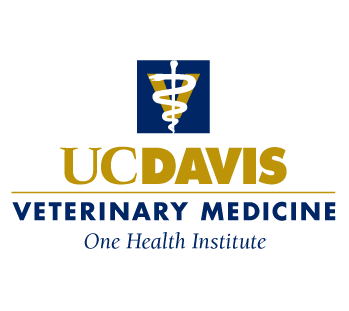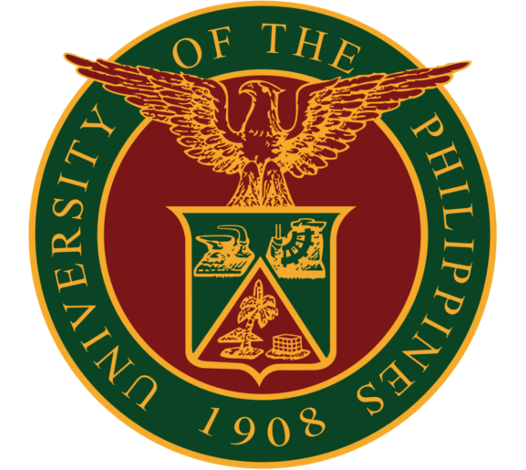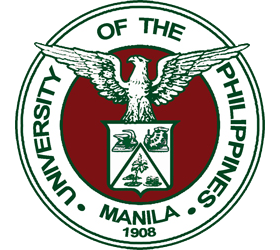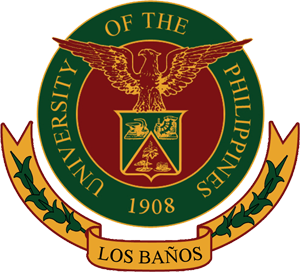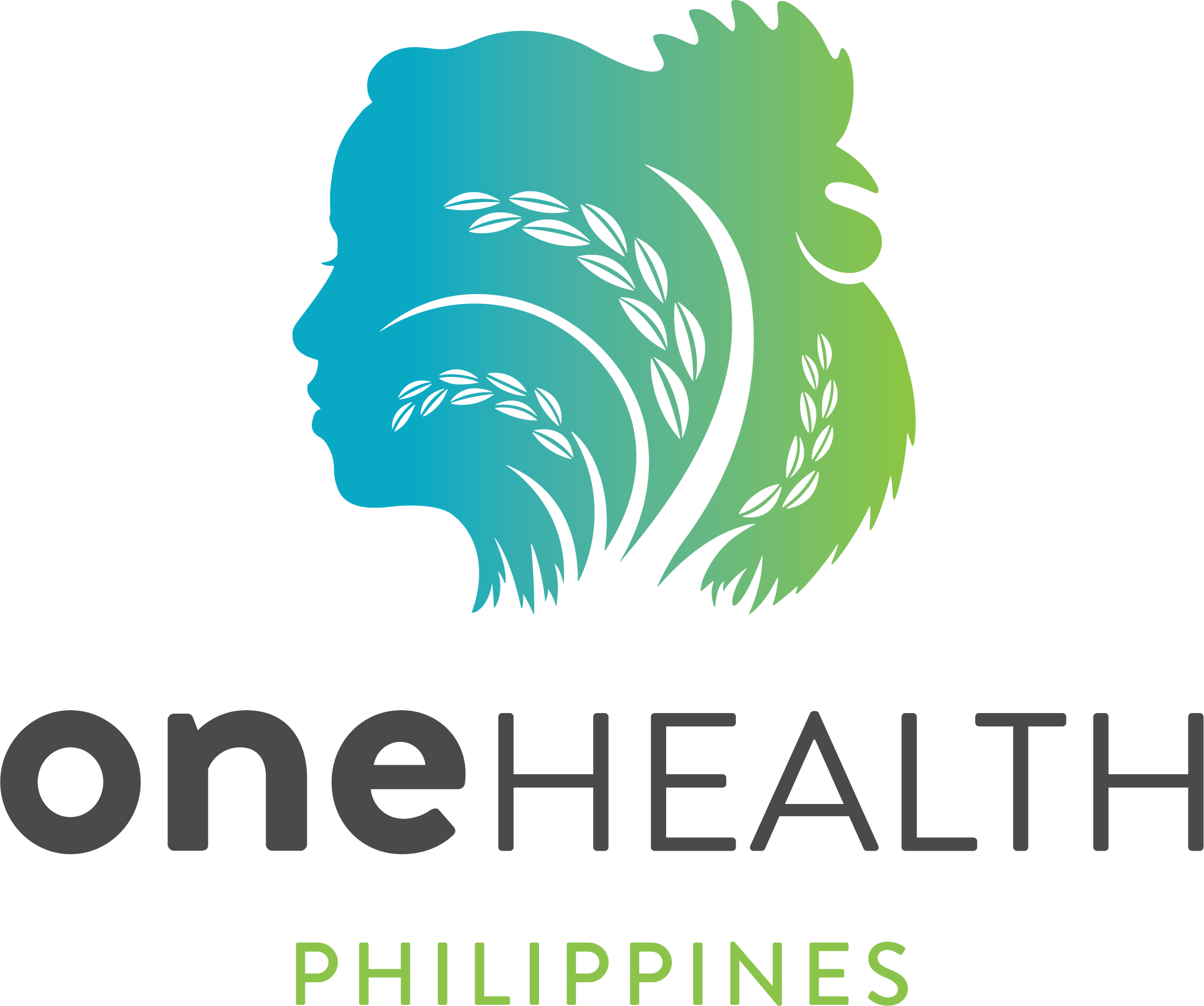
About The Project
The goal of this project is to improve human, animal, and plant health by developing and testing a transdisciplinary mobile health (mhealth) diagnostic, health management, and epidemiologic surveillance tool for use by community health workers and livestock and agricultural extension agents in the Philippines.
Ultimately, the project will seek innovative solutions to improve the health of humans in the areas of implementation. For the downstream problem, the project plans to use mHealth to solve the problem of siloed professionals by creating a digital collaboration space – each professional group (medicine, veterinary medicine, and agriculture) will contribute specialized knowledge for use on a mobile app. App data will be available on smartphones to community-based one health works. For the upstream problem, mHealth plans to solve the problems created by the lack of surveillance data. Policy makers will be able to monitor communities and effectively allocate resources and provide rapid evidence-based interventions – thus being proactive instead of reactionary.
Collaborators
The project involves collaborative work among the three campuses of the University of the Philippines System together with the University of California, Davis to enhance collaboration between physicians, veterinarians, engineers, and other scientific health and environmental professionals.
FAQ
This project seeks to develop a visually based app tool that functions on a structured knowledge database and is completely scalable and adaptable to any type of diagnostic or management challenge. We will focus this project to include some of the major infectious illnesses common in the Philippines as well as probable emerging pathogens. The illnesses include acute watery diarrhea, TB, rabies, bronchitis/pneumonia, acute febrile illness, and common plant diseases that pose a risk to food security for livestock and humans.
A second significant objective is training and evaluating One Health Workers (OHWs) as we task shift and broaden the scope of barangay health workers (BHWs) beyond human health. Task shifting is a strategy to improve access and is defined as the rational distribution of duties from experts to non-expert healthcare providers. While BHWs still have a major mission in addressing human health, we will add issues related to animal and agricultural health. This new type of community worker, OHW, will expand basic delivery of health services in areas where expertise and services are limited.
To our knowledge, there have been no previous attempts to: 1) define and train OHWs, 2) develop a mobile app that collects data across multiple sectors and feeds it to a consolidating tool (server) at a national health center, and 3) provide an mHealth tool to allow lay workers to identify the best local intervention or contact a specific health professional. Human-smart phone hybrid communication (smart phones plus OHWs) combines the strength of technology with the high-touch approach of a OHW on-site. We hypothesize that combining these two approaches (tech and touch) are a plausible approach to lowering costs, monitoring health problems, and scaling up surveillance for early interventions at the AgHuAn interface.

